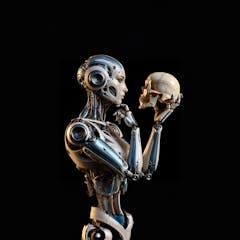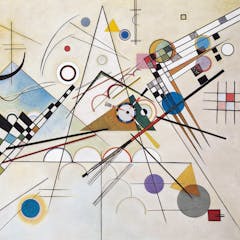
Articles on Fiction
Displaying 1 - 20 of 273 articles

Espionage fiction is Australia’s unloved genre, but how we speak, write and think about Australia’s intelligence gathering and espionage activities matters.

Too Many Men won acclaim for its depiction of a father and daughter and their different emotional responses to the crimes of the past. Tess Scholfield-Peters considers the book’s impact today.

In his latest novel, Andrew O'Hagan characterises almost every aspect of his society as broadly criminal, in one sense or another.

Rachel Cusk’s twelfth novel is strange, compelling and ferociously intelligent. It explores artists, mothers and daughters, and the ‘blankness of spirituality’ on the other side of gender.

War writing can be formulaic and clichéd, but Catherine McKinnon resists glorification and the usual narrative of “us against them” .

Anne Carson’s playful new book, Wrong Norma, meaningfully makes apparently random connections – and the result is compelling.

The intriguing stories in Ceridwen Dovey’s Only the Astronauts bring obscure historical footnotes to life.

Holocaust stories have often been criticised for their distortions and misrepresentations, but they can also encourage audiences to learn from history.

Safe Haven is an excoriating account of a shameful period of Australian history, told in a life-affirming voice that imagines a more humane future.

This year’s shortlist doesn’t offer much in the way of consolation, but it might shake up how you see the world.

Two fascinating new novels are not particularly difficult, but their relationship to established traditions of experimental literature is clear.

The End of the Morning is Charmian Clift’s most successful piece of fiction. But it is only a piece and one that leaves two matters unresolved.

Winnie Dunn has made it her project to bring a more sensitive intercultural understanding to an unfamiliar readership

Australian literature is a rich and largely untapped source of information about how Australians think about AI.

Until August is the fruit of Gabriel García Márquez’s labour against adversity, a moving testament of his love for and commitment to literature.

The novel Appreciation is a literary page-turner with no shortage of dramatic flair.

Climate stories that focus on solutions are more likely to inspire positive environmental action.

Gail Jones has written a richly evocative novel that warrants attention, both for its fascinating subject-matter and for its outstanding writerly qualities.

Yevgeny Zamyatin was a born loner and instinctive satirist, whose usual response to collective enthusiasm was to dissent.

In The Zone of Interest, Martin Amis represents our familiar world from a radically unfamiliar angle.
